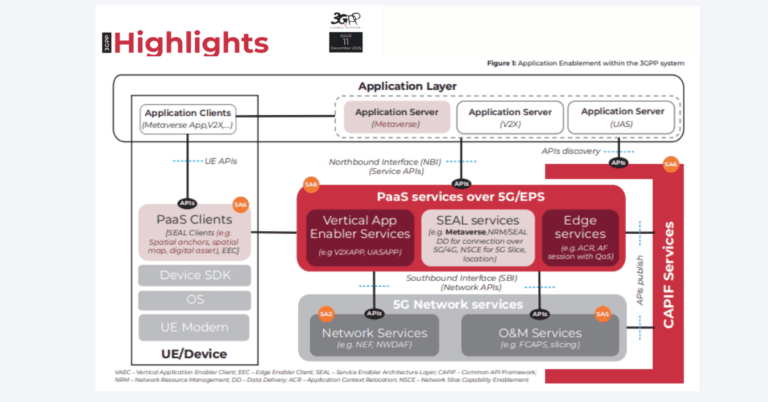IT product development and solution provider Echelon Edge has been officially chosen by Bharat Sanchar Nigam Limited (BSNL), a state-run telecommunication service, to deploy Private 5G Networks for their patrons.
By joining forces, the Gurgaon-based company can now provide state-of-the-art LTE and 5G services on BSNL’s spectrum designated exclusively for captive networks.
On January 16, a handful of networks sealed the 5G spectrum to construct private networks. This agreement authorized the Captive Non-Public Network Provider (CNPNP) empanelment.
With this partnership, Echelon Edge will be able to provide high-quality private networks to an ever-growing list of customers in industries such as aviation, mining, refining, and even state governments. The introduction of 5G Private Networks further expands their offerings and provides a new avenue for growth.
Gaurav Gandhi, Chief Executive Officer of Echelon Edge, expressed: “This association will enhance our pursuit to become a reliable and dependable provider of captive networks with 5G emerging on the scene.” We strive to empower various industries with networks that are tailored and custom-built for their specific needs. We recognize the importance of providing secure, high-quality networks – systems of automation that provide network security for all businesses’ data. Together with our partnership at BSNL, we can provide smooth connectivity as well as 5G solutions across numerous sectors.
Echelon Edge is excited to establish a secure 5G Network in various industrial, commercial and governmental spaces, such as mines, refineries, airports, and office buildings.
BSNL has also partnered with Amantya Technologies, a leading Indian system integration firm, to create private 5G Networks.
As per the rules set out by DoT on organizing private networks, firms interested in launching these systems can either lease spectrum from telecom operators or get it directly through the official process. Additionally, telecom companies can establish their own exclusive networks of Enterprises as well.
Last year’s 2022 Spectrum auction saw Airtel, Adani, Vodafone Idea, and Reliance Jio acquire a spectrum suitable for private networks in the 26 GHz (mmWave) band. Meanwhile, The Department of Telecommunications has already kept this desirable spectrum aside to be used by BSNL going forward.







































